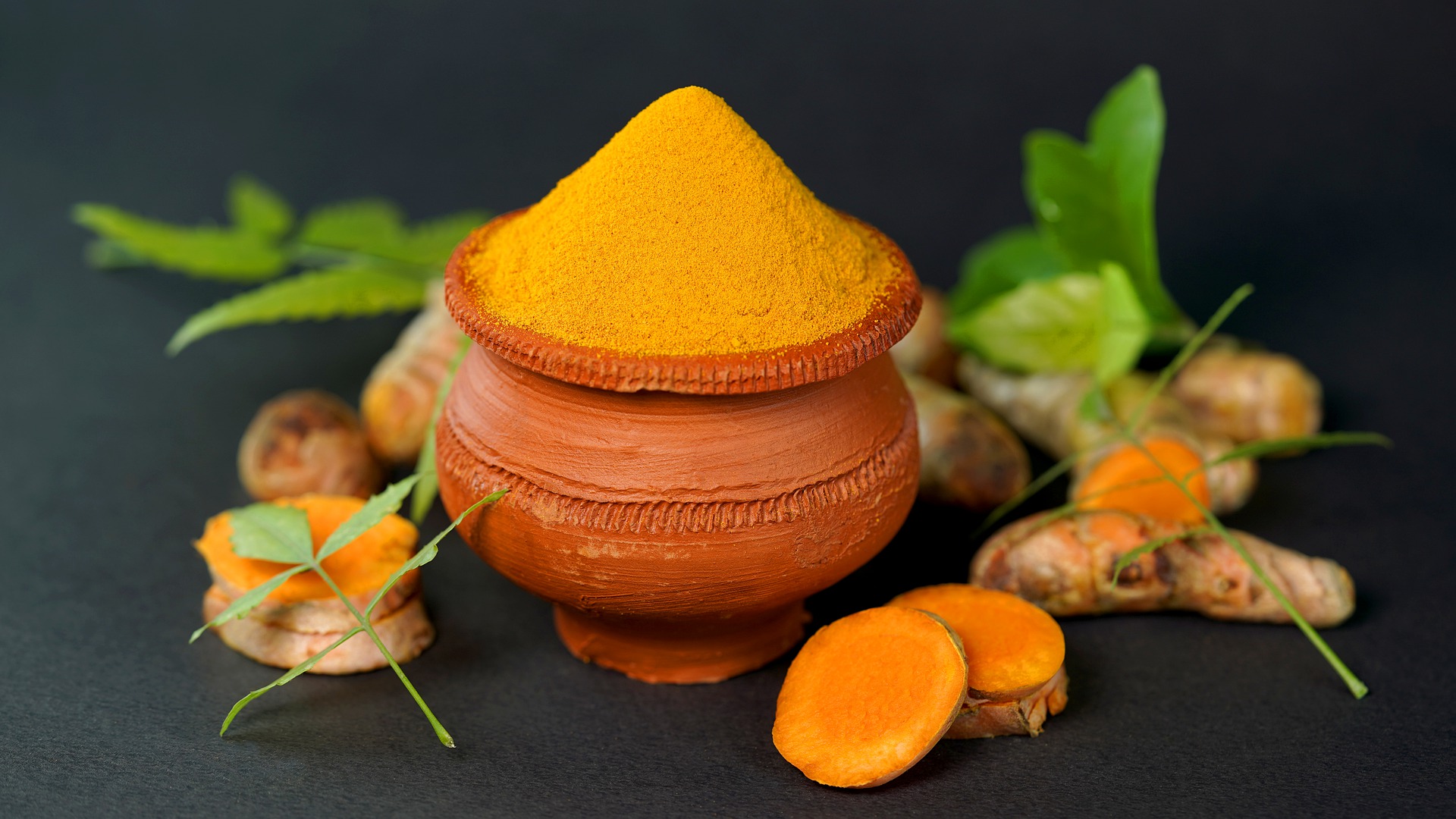Table of Contents
Turmeric for IBS: Can Curcumin Help Irritable Bowel Syndrome?

The turmeric root is a common spice that can be found in most kitchens. It has been used as a medicine for centuries, and turmeric supplements are now available on the market to help people with different health conditions. In this blog post, we will discuss the benefits of turmeric for constipation relief.
The root comes from the Curcuma longa plant and it contains curcuminoids which have anti-inflammatory properties
Turmeric may also relieve pain associated with irritable bowel syndrome (IBS), endometriosis, chronic fatigue syndrome (CFS), depression, Alzheimer’s disease (AD), and arthritis.
Studies show that turmeric supplements may provide relief because they reduce intestinal inflammation, soothe the stomach lining, and relax muscles in the intestinal tract.
Irritable bowel syndrome IBS
Irritable bowel syndrome is a condition involving chronic abdominal pain, constipation or diarrhea without any detectable cause.
The first step in diagnosing IBS is to rule out other diseases that can present with similar symptoms like Celiac disease and Crohn’s Disease.
After ruling those two conditions out the clinician will perform an exam of your stomach and colon through either endoscopy or sigmoidoscopy depending on how severe the case appears to be from beginning observation alone.
There are also blood tests available for people who do not want invasive procedures but these are more difficult because they require someone else’s stool specimen so it cannot always provide accurate results when self-reported by patients themselves.
Turmeric extract is made from the root of the turmeric plant. You can use it in cooking.
This uproot has been used for centuries as a natural remedy to treat many ailments including arthritis, asthma, and skin conditions.
This is an ancient herb that’s long served as the central ingredient in traditional Eastern medicines because of its potent healing properties. It can be taken internally or applied externally with great success on everything from arthritis pain to psoriasis flare-ups!
Turmeric can help
When you need a little help to fight off the cold, try cooking with turmeric. The benefits of this spice are numerous and can go beyond just giving your dishes an extra healthy helping hand in their healing properties.
Turmeric is one way that people often rely on when they’re feeling under or sick because it has been shown by studies as being effective for relieving symptoms of both upper respiratory tract infections (URTI) and sore throat pain from laryngitis.
This plant-based herb contains curcumin which scientists have found reduces inflammation caused by oxidative stressors such as alcohol consumption, smoking cigarettes, air pollution exposure among other things so although many believe its best use is culinary purposes – there’s still plenty more going on.
Taking turmeric
Taking turmeric is a great way to increase your metabolism.Turmeric has been used as medicine for centuries and studies have shown that it can significantly improve metabolic function.
It can be a good therapy for your body.
The spice turmeric is said to have healing properties for a variety of ailments. It has been used in traditional Indian and Chinese medicine, but more research needs to be done on how it affects irritable bowel syndrome (IBS).
Turmeric should not be added until you’ve spoken with your doctor about the benefits and risks involved if you already suffer from IBS or another condition which would react poorly to this supplement.
The U.S Food and Drug Administration does not regulate supplements so make sure that when considering any new herbal remedy, herb tea recipe, or natural product–it’s always important to consult your physician before adding it into your routine!
Tips for using turmeric
Turmeric is an herb that has been shown to alleviate some of the symptoms associated with abdominal pain and discomfort. One 2004 study found a boost in quality of life among participants who took turmeric extract tablets every day for eight weeks, though researchers have stated there needs to be more research done on this topic before conclusive results can be determined.
Researchers in a 2010 animal study found that curcumin could be used to treat IBS and other ailments, such as diarrhea and abdominal cramps. After one dose of the compound, rats experienced less contractions in their intestines.
This suggests that with more research curcumin can alleviate abnormal intestinal contractions while also helping relieve symptoms like diarrhea or stomach pain.
A recent study has shown that turmeric can be used to help with IBS as well as the mood disorders associated with it, such including stress, anxiety and depression.
Researchers found that curcumin increased certain proteins in rats’ brains which influence moods by improving their behavior tests. Although research is still ongoing there are many promising results from previous studies of this all natural spice!
Curcumin seems to help improve the rats’ intestinal system. Curcumin’s effect on brain proteins and enzymes may also affect the intestines.
How to use turmeric for constipation
Most people prefer to take turmeric in supplement form for the sake of convenience. If you wish, you can add more turmeric to your diet by adding the spice to your cooking.
Supplements
Curcumin supplements are available at most health food stores and through online retailers. You may also be able to find powdered turmeric in the spice section of regular grocery stores if you’re looking for specific spices such as IBS or other ailments, make sure it is a quality product that adheres to its own set standards.
You don’t have to eat turmeric before you ingest it. It’s possible that fasting will increase the effects, and some people recommend taking with honey for better absorption. Bromelain is in pineapple as well; this can also help improve absorption of curcumin- which has been shown time and again by medical studies to reduce inflammation!
Cooking
Turmeric is a spice that’s well-known for the bright yellow color it lends to food. It has also been shown to have some health benefits, but we know very little about its possible dangers.
One thing you can do if you’re worried about getting enough turmeric in your diet is take an over-the counter supplement of this potent curry herb so long as they are high quality and pure with no fillers or additives like gluten!
You should be careful when adding it during cooking because too much will give whatever dish an unpleasant bitter taste and may stain clothes and skins orange – though there’s not yet conclusive evidence on whether these stains fade away after washing them out many times.
Turmeric supplements can be taken with piperine to ensure the fullest benefit.
Adding piperine to it makes it more effective. Piperine is an extract of black pepper that you can get from a teaspoon, or supplement form. You should know that the best way for you to take in your curcumin power breakfast is by adding some hot water and lemon juice (or other citrus) – this will make your body absorb all those nutrients better!
It’s important to look at the effects and risks.
This is a spice that has many health benefits, but it also comes with some side effects. To reduce the risk of experiencing these negative outcomes, start by taking small doses and work your way up over time to avoid an unpleasant surprise!
When you first take in larger dosages than recommended for beginners (2 tablespoons or more), be sure to contact your doctor as soon as possible so they can monitor how much you’ve taken and recommend adjustments if needed.
You may safely use it for eight months at a time before stopping again; during this period there’s no need to worry about any adverse reactions since most people won’t experience anything unusual after quitting once their body adjusts back from being high on spices!
Talk with your doctor before taking this spice if you have any of these problems:
A scheduled surgery ,iron deficiency,kidney stones, diabetes or a bleeding disorder; gallbladder issues; gastroesophageal reflux disease (GERD); infertility.
Is turmeric good for constipation?
Helping your digestive issues, turmeric may be just what the doctor ordered. Curacumin is an anti-inflammatory compound in it that reduces IBS symptoms like stomach cramps and constipation.
Does turmeric cause bowel movements?
Turmeric and curcumin can cause gastrointestinal problems, which include constipation, dyspepsia, diarrhea, distension, gastroesophageal reflux, nausea, vomiting and stomach aches.
what is the effect of curcumin?
Research has shown that turmeric can help fight inflammation, reduce hyperlipidemia levels, and provide relief from pain associated with exercise.
Does turmeric cause loose stools?
The side effects of turmeric are typically mild, but people with a sensitive stomach or existing health problems might experience food poisoning or heartburn.
The bottom line
This is a spice that has been used for centuries to help with pain relief. Talk about this with your doctor before you begin taking it, though! There are some things they should know before using it and how much of the supplement can be taken every day.
This shouldn’t replace any prescribed treatments but rather work alongside them, so remember not to discontinue use if you start experiencing uncomfortable symptoms after starting treatment or take more than what’s recommended over time – always listen to your body first when deciding whether something feels right or wrong!.







